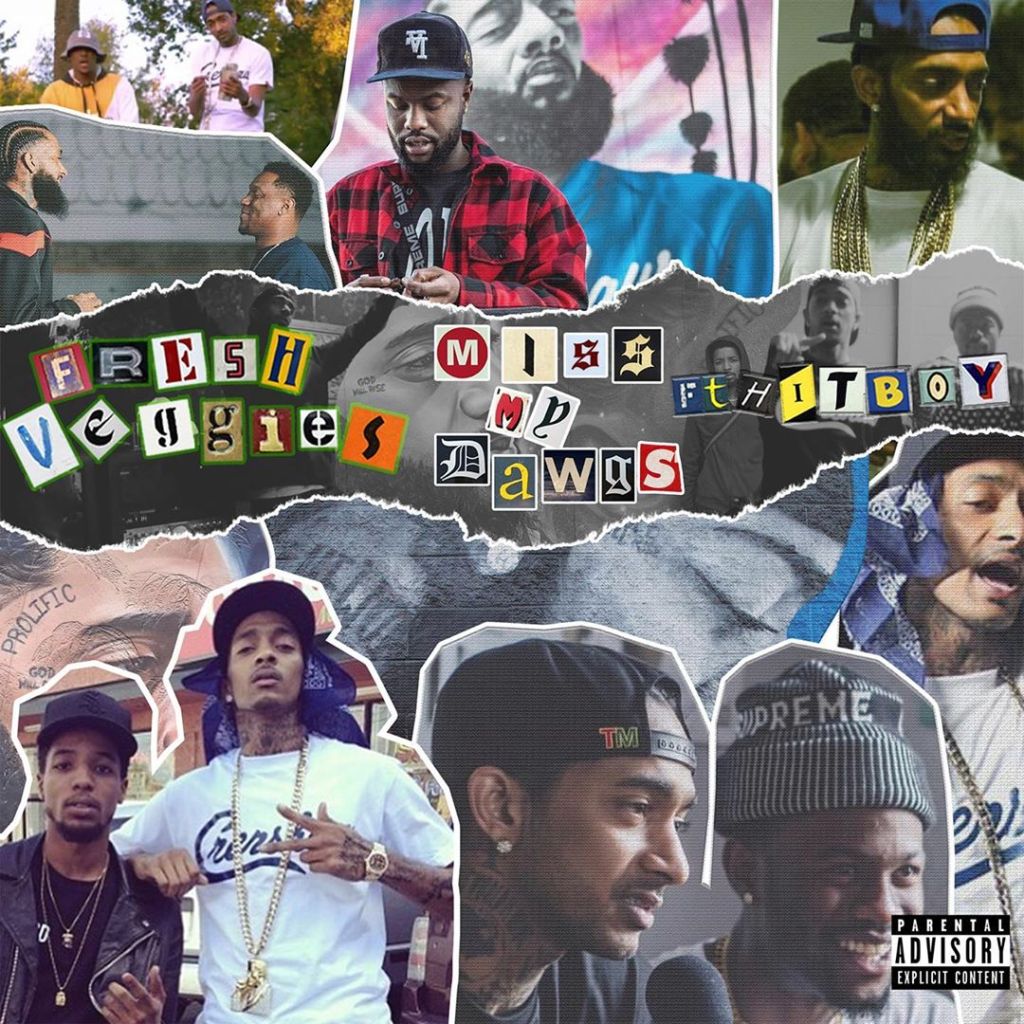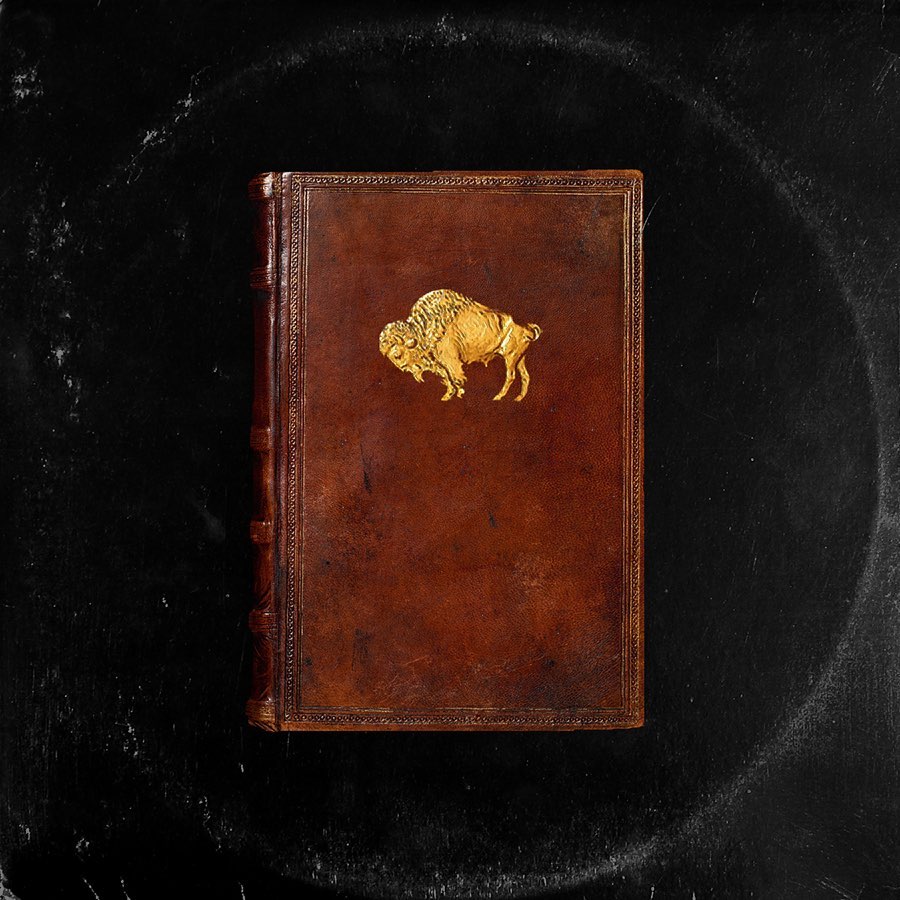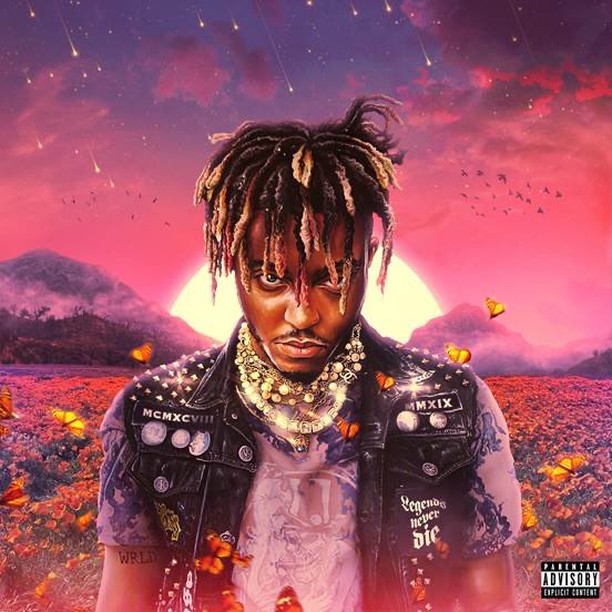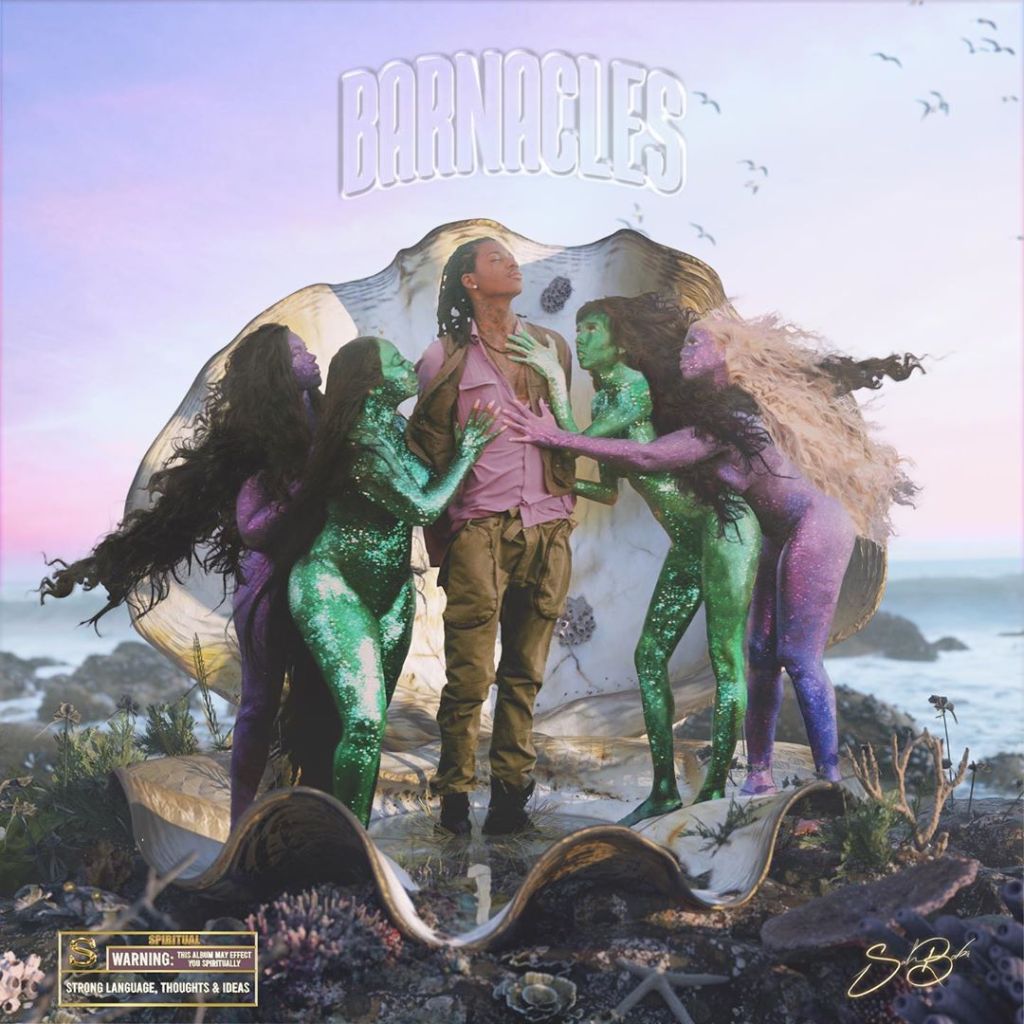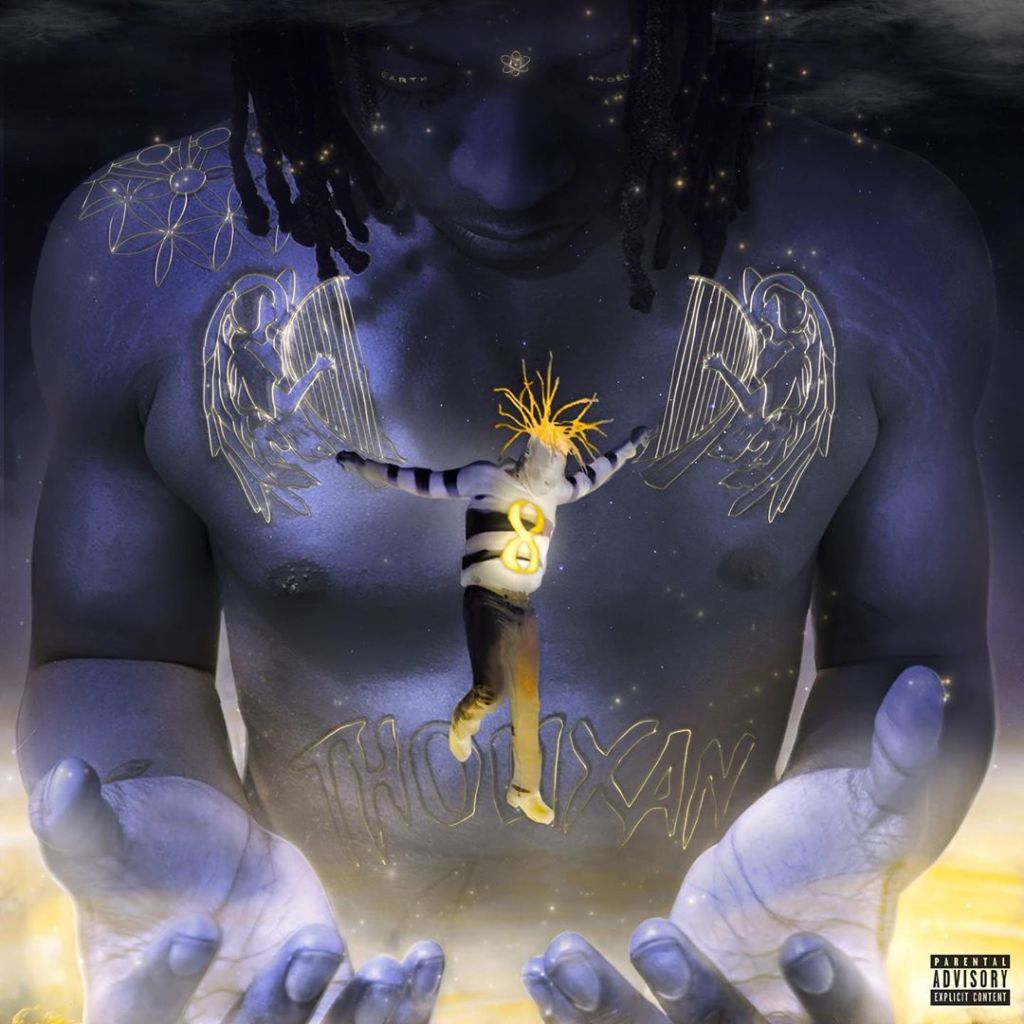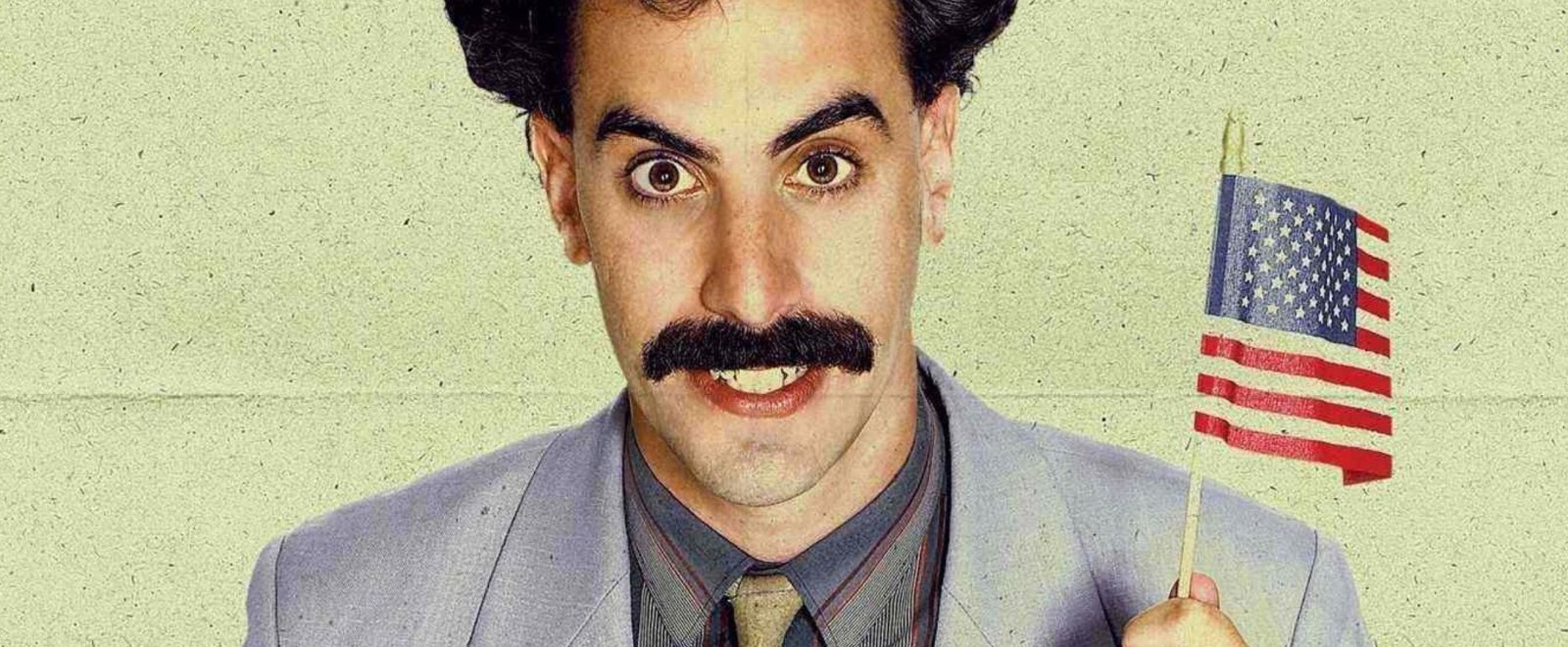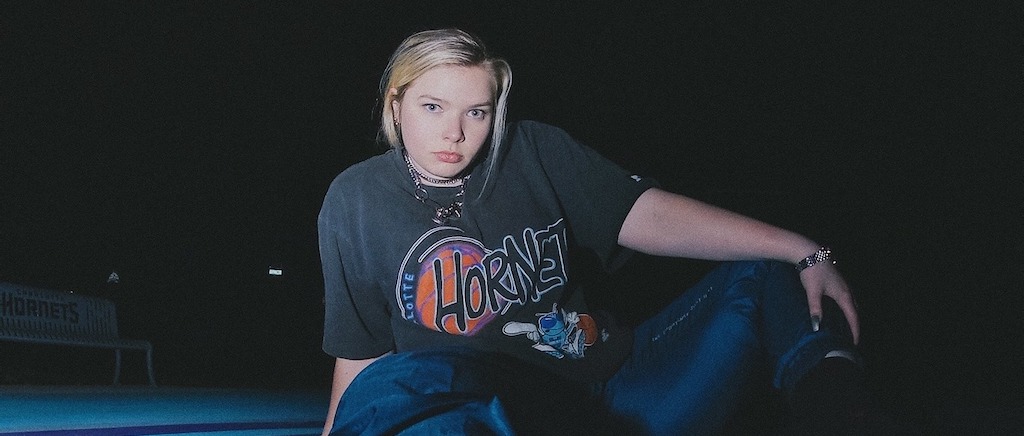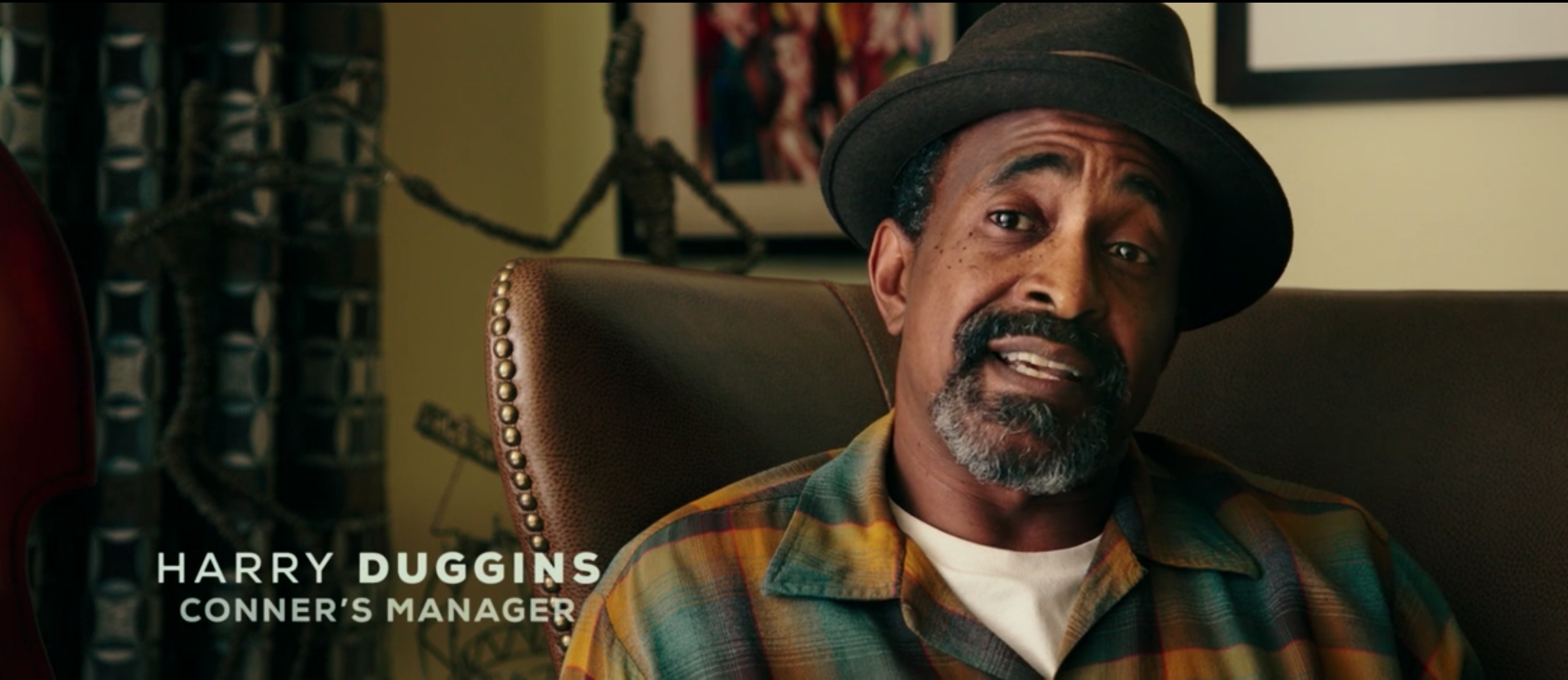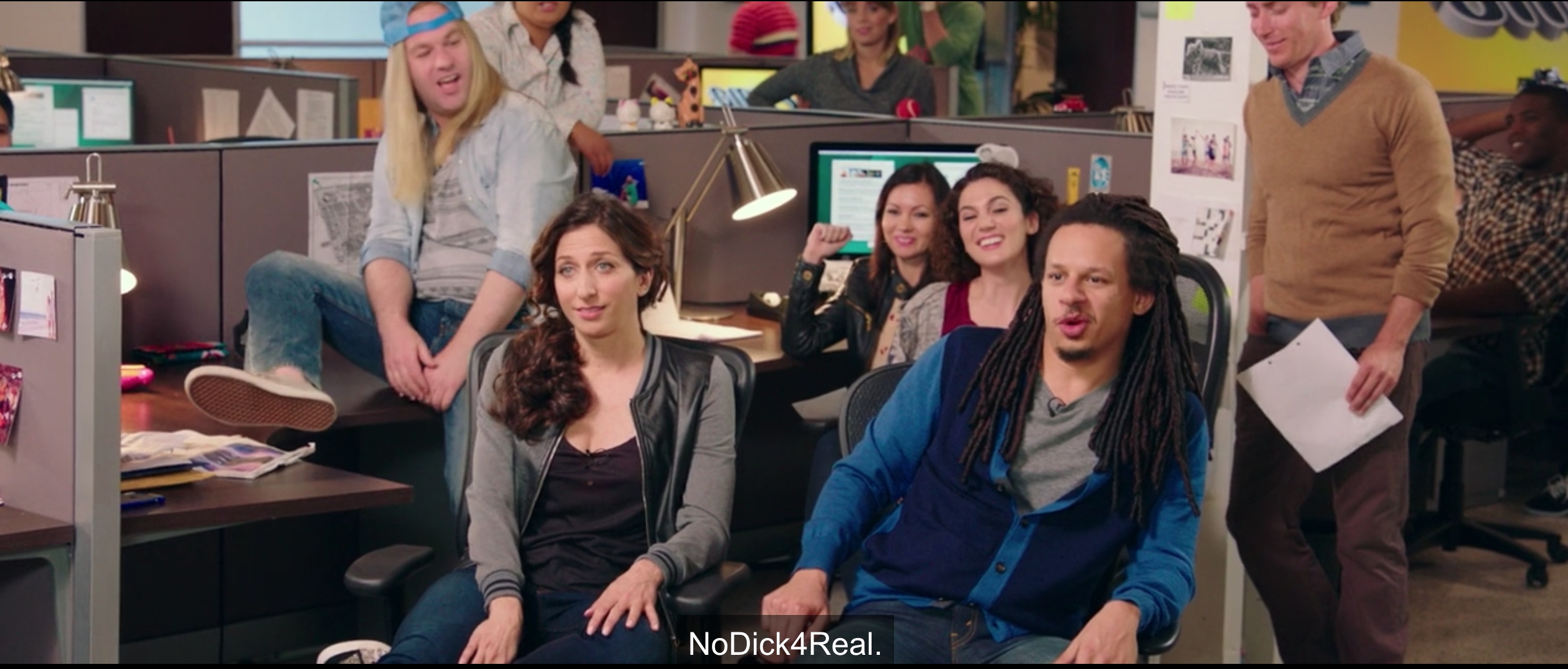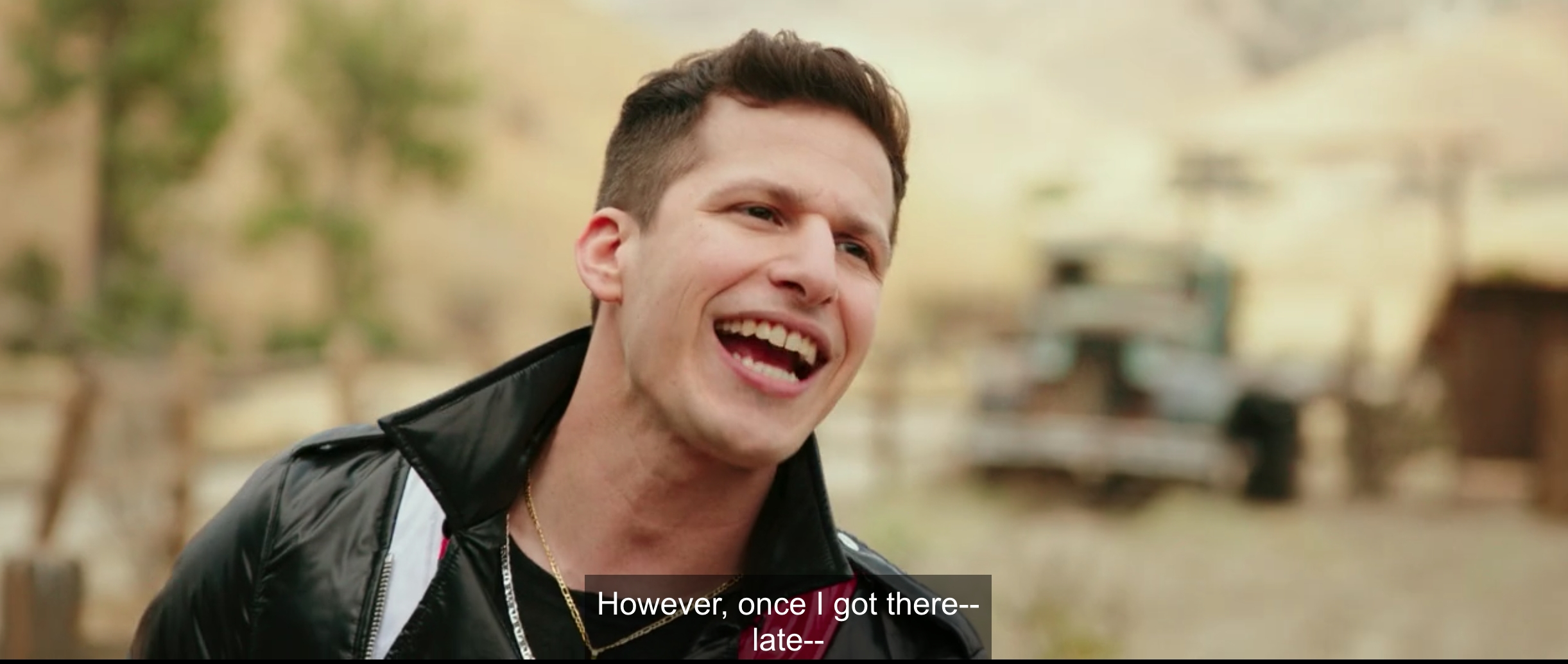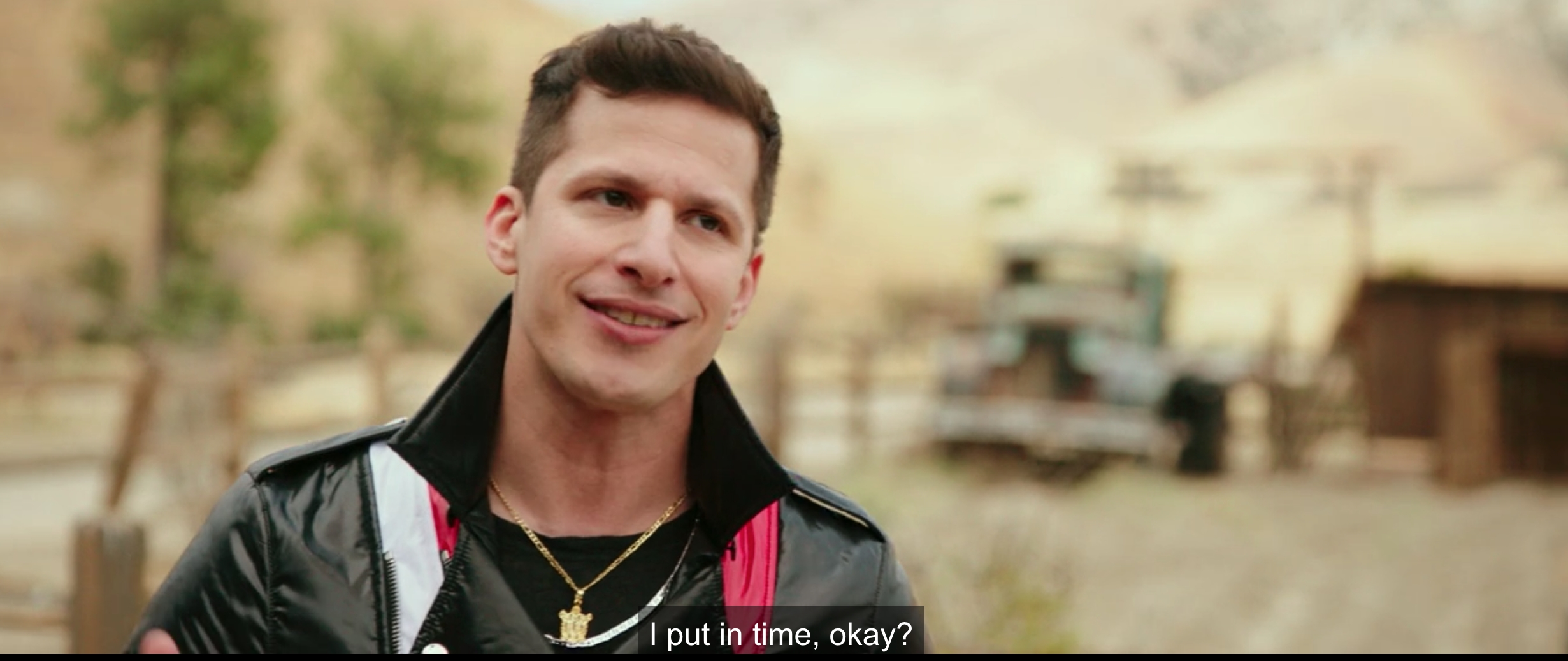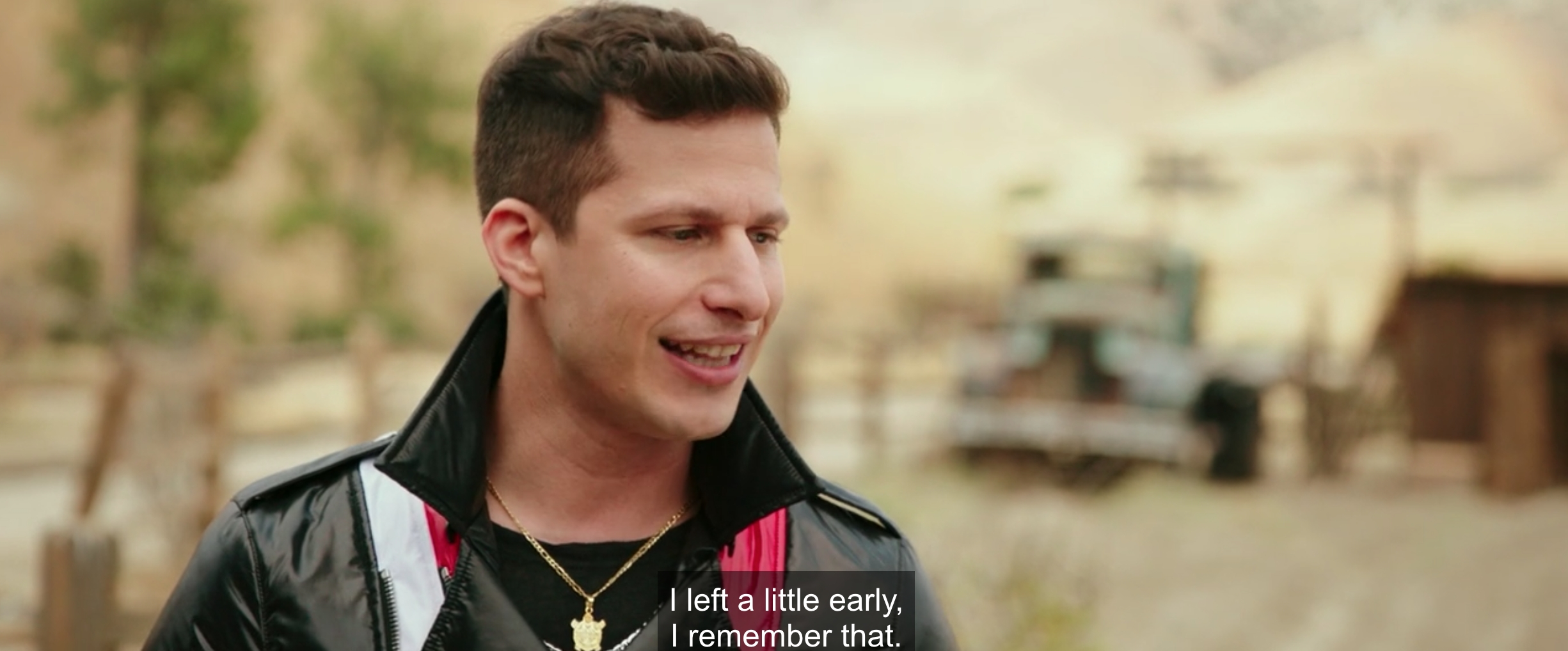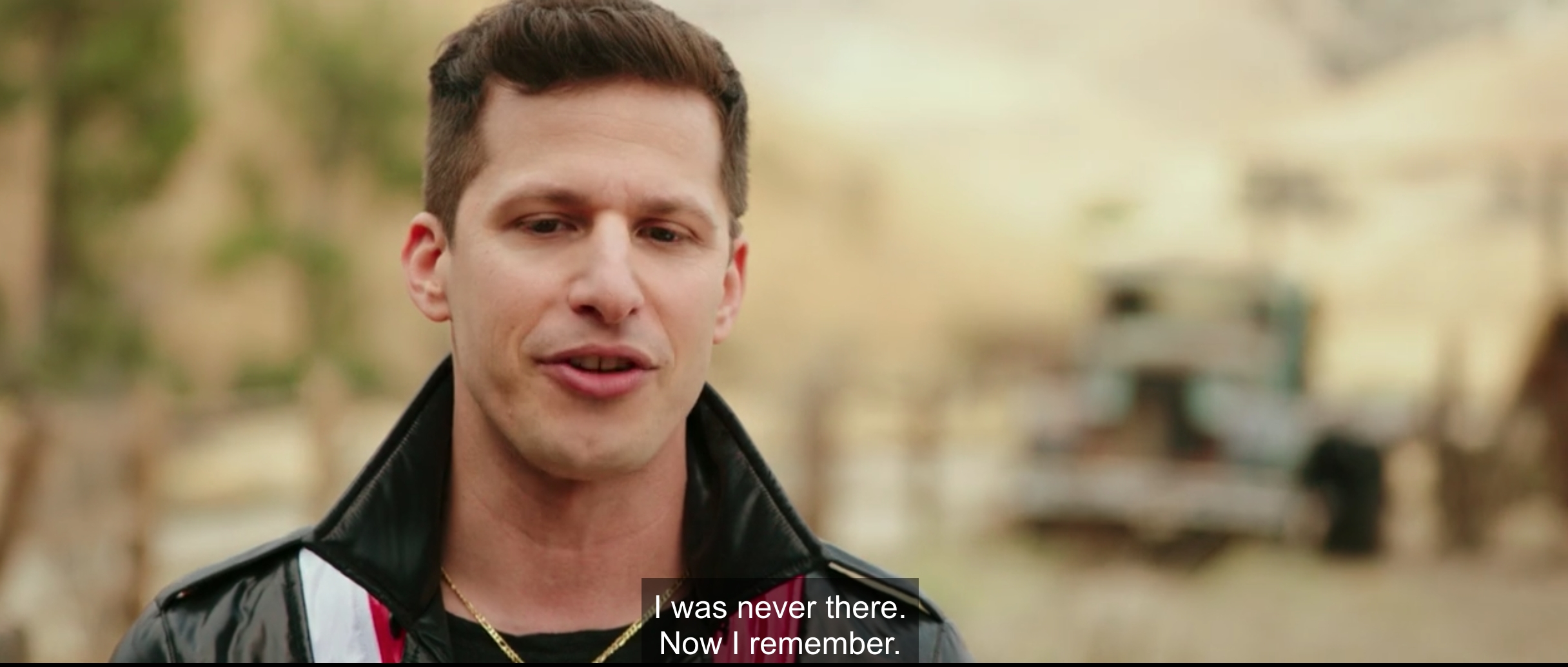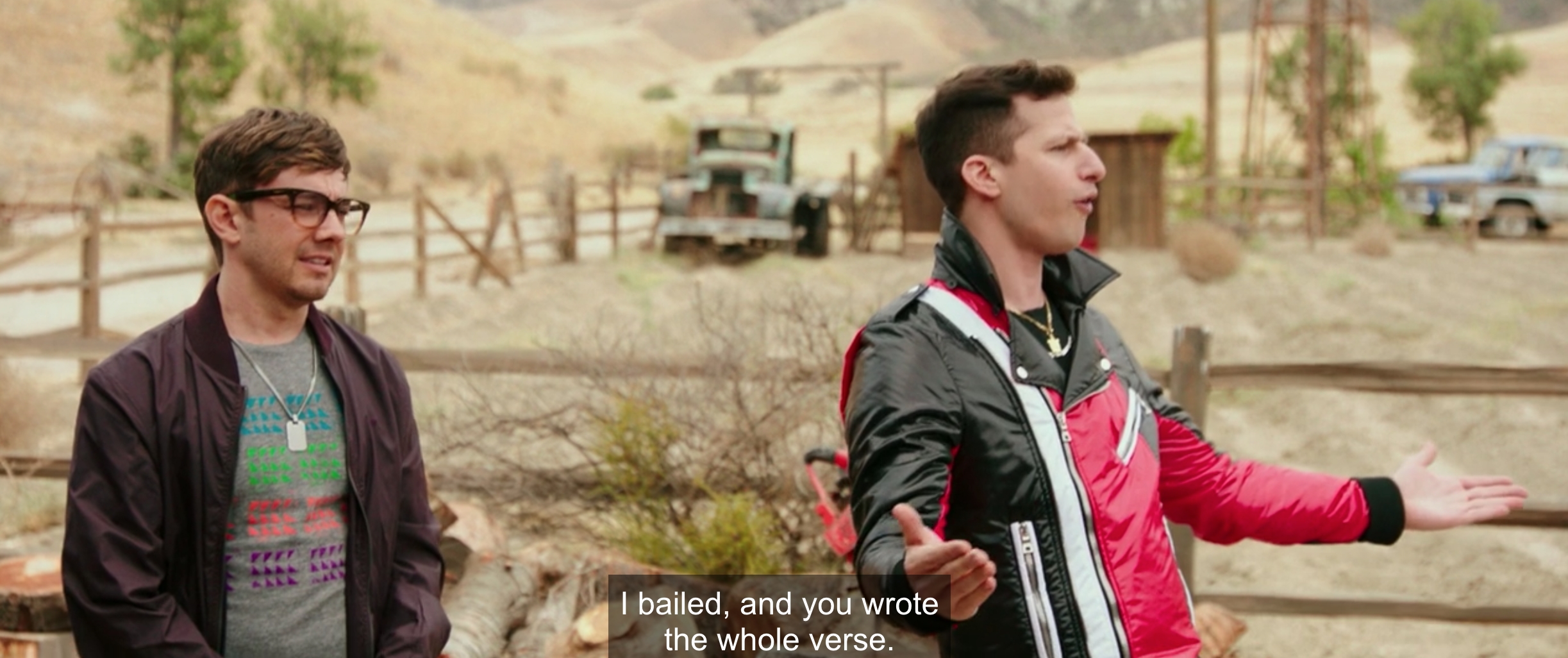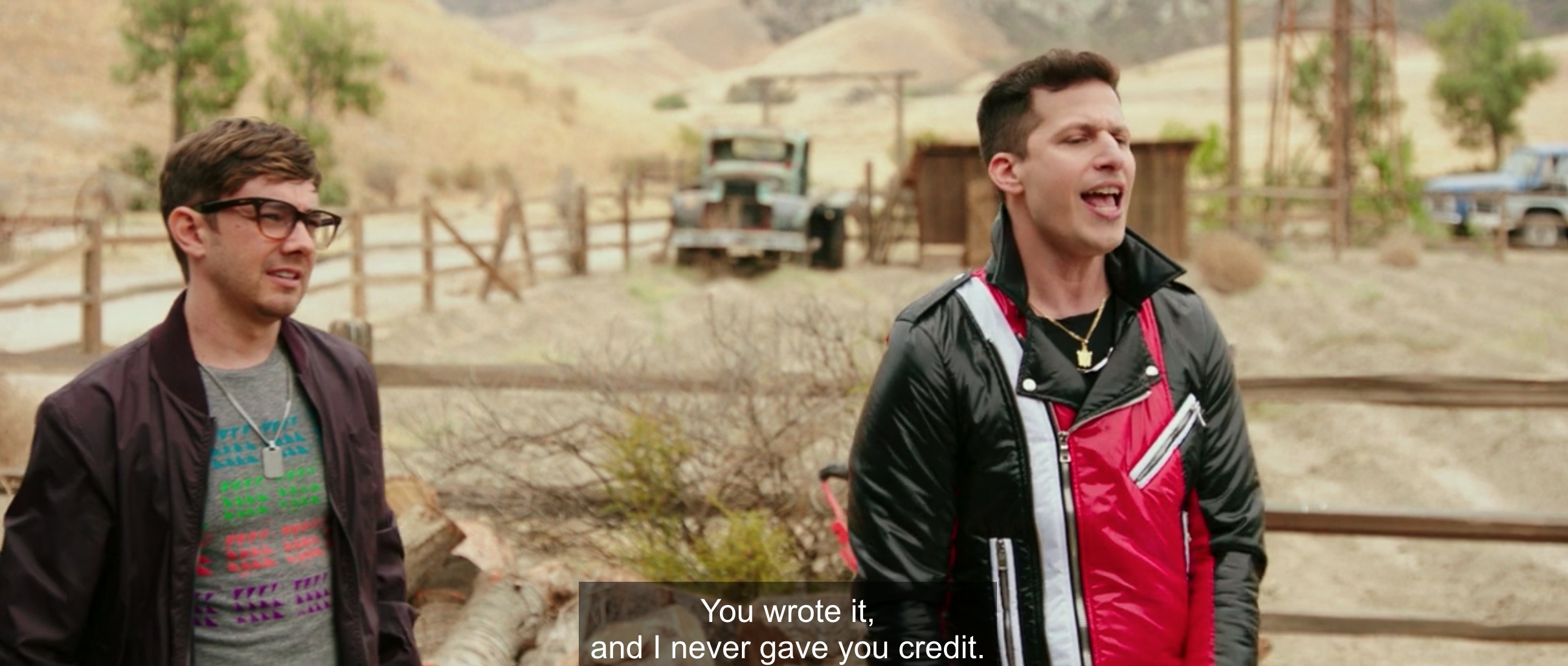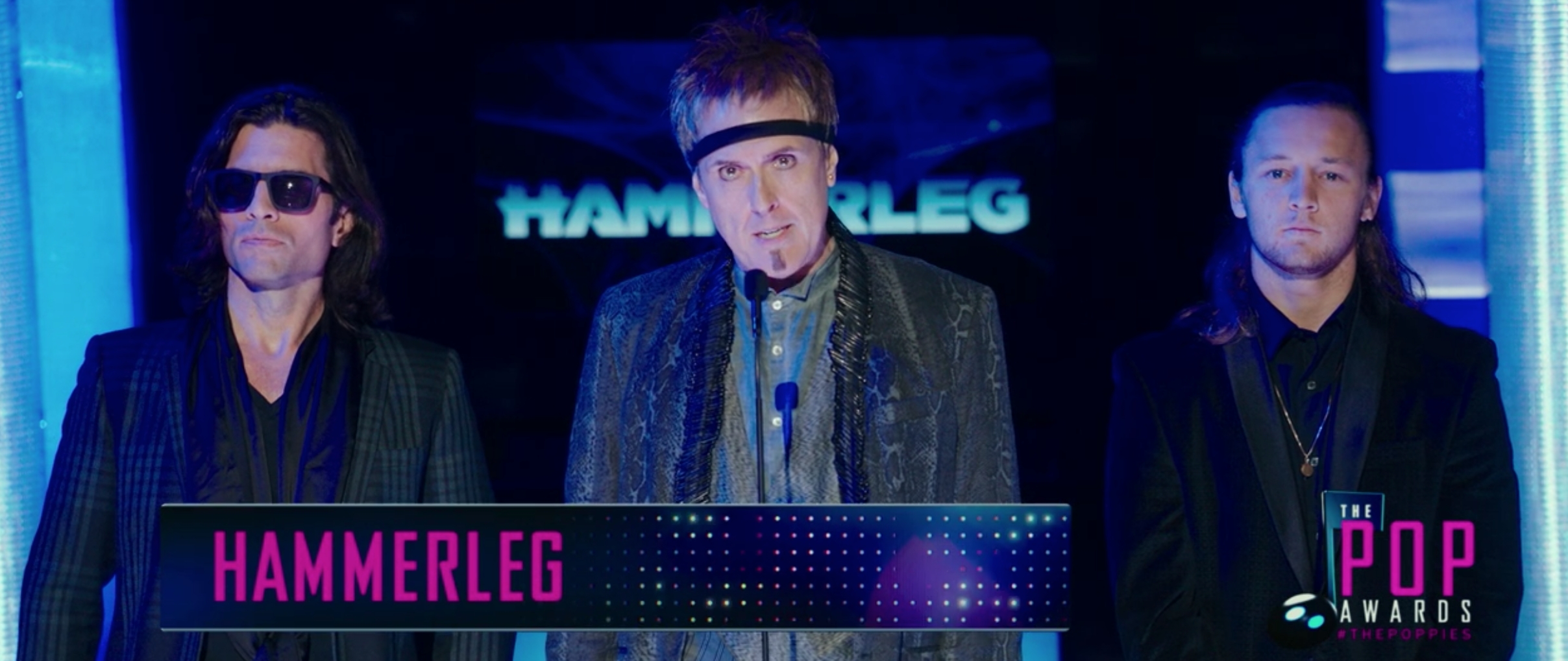
Yeah, I’m sorry. This is going to start with a Hamilton reference. I’ve been thinking a lot about Aaron Burr since I saw the hip-hop musical for the first time last week. Partly because Leslie Odom Jr. is a legend that I was mostly unaware of. But also because there’s a view of Burr as a cautionary tale who is mocked for his, “Wait for it, wait for it” and his “talk less, smile more, don’t let them know what you’re against or what you’re for” guiding principals. In the context of the play, Burr contrasts the more idealistic and sometimes imprudent Alexander Hamilton. In 2020, however, maybe we need people to be a cross between the two. People who shirk the assumed responsibility to blast out underdeveloped and underinformed thoughts at every opportunity. People who aren’t cripplingly calculating. People who are guided by their principals and process and not the sound of the crowd.
When I asked Patriot Act host Hasan Minhaj about what he thought about Kanye West’s increasingly vocal presidential aspirations he did not have a snarky or sizzling hot take. Whereas I drained my outrage bar, offering an opinion at the first sight of Kanye’s tweet and his Forbes interview, Minhaj kindly explained that he wanted to “connect the dots” first. He’s going to explore the angles to figure out if this is worth getting worked up over or if it’s another hollow distraction from the real stories that are more deserving of our attention. I’m playing checkers and he’s playing chess, you see, but damn am I eager to learn — motivated by hoarseness and exhaustion if nothing else.
As we continued talking, it became clear that Minhaj’s discipline and appreciation for nuance serve as more than a response to our collective ready, fire, aim mentality. It’s also a ceaseless force that powers The Patriot Act and something that helps to keep the host and the show ever-relevant in a crowded field during a vital time. In other words, “how to account for his rise to the top? Man, the man is non stop!” Again, sorry. That musical really gets into your circuits.
I was just reading the Kanye Forbes interview. I don’t know if you got a chance to check that out.
I didn’t get a chance to read all of it. How is it looking?
It’s bad. It seems like he’s pretty serious. Let’s see: he says vaccines are the mark of the beast.
Oh, boy.
He says we’ve got to stop making God angry. Also, Kanye f*cks with Trump, in part, because he likes the saxophone in the Trump hotels. Which honestly changes everything. I didn’t know that there was a saxophone in the lobby.
It changes your complete perception of the hotel chain?
Yeah, I’ve got to rethink everything now. But no, honestly, this [the reaction] speaks a lot to what you were saying in the second to last episode [of Patriot Act‘s most recent cycle] — the democracy episode. Specifically with our attitude toward third parties. The response makes it seem like we all work for Biden now. Like, “What are you doing?! You’re going to screw this up!”
Yeah. What I loved was where we played that archival clip of the two opponents being normal human beings with each other in states with Ranked Choice Voting and being like, “Hey, you can put this person as your first choice or me as your first choice, or them as your second choice and me as your second choice.” Coalition governments are these things that are common in other parts of the world, but we have this two-party winner take all system that is fueled by negative partisanship.
I’d never really given much thought to it. Now I want to dig in a little bit deeper and figure if it makes sense to me. What do you think about Kanye’s candidacy?
Well, I mean, the thing that I’m still trying to decipher is what is the motive and is he serious? All we have is this Forbes interview. And so that’s the big thing that I’m trying to take away over these next couple of days. “Is this serious? Is a new album dropping?” We’ve heard the series of conspiracy theories, and so honestly, what I’m trying to do, man, is collect the information to see how valid this thing is before I dive in with the hot take.
Yeah, it’s interesting. It’s not out yet, but we did an episode of The People’s Party with Talib Kweli talking with Common, and I know they talked about it a little bit. I’m curious to see what they have to say on that as well.
Yeah, because they also know him personally, right?
Right, exactly.
Yeah. And I don’t know if you felt this in covering everything that you cover right now, especially you guys as a publication… sometimes just definitively connecting all the dots. A lot of times, we get baited into providing an immediate comment or a take or a position on something as we are still collecting the dots and information. And that’s the one thing that I’ve tried to, again, avoid as much as possible on the show. It’s just, “Hey, what are the big thematic questions that we’re trying to answer here?”
And I think what you were talking about when we were doing the elections episode… The feeling everybody had in the writer’s room was how are these our two choices? And I go, “That’s great. I love that.” And we always have these big questions that lead every story. The last episode of this cycle was, “Why are taxes so hard?” Because there are countries around the world that have prefilled tax forms. They literally send it to you like a postcard, you know?
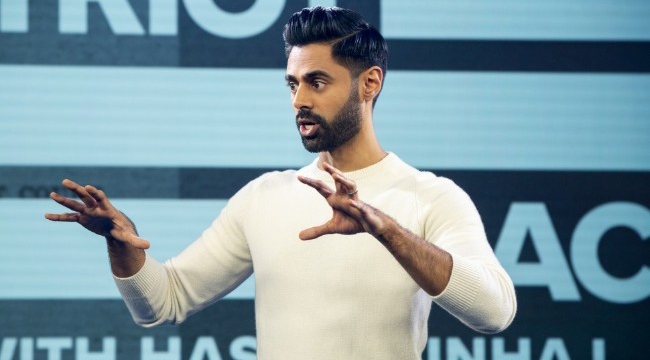
It is definitely a problem, that kind of snap reaction. I’m as guilty of it as anybody else. It’s so guttural. We see something, say something, and move on to the next thing. And it just feels like, especially over these last few years, that it’s destroying us. Apart from doing what you are doing — trying to change things just by action and trying to take that beat and have a deeper conversation — how do we [as a society] change that?
I try not to prescribe. I just try to speak for what my personal responsibility is. For me, I know that I represent a show and the staff and so many people who work for me. The thing that I am always cognizant of is every time we put out one of these episodes, it’s being seen in 190 countries, and just major shout outs to our news team, our fact-checking team, our writing team, and our legal team for always making sure that we’re coming correct. That way, we don’t have to make a correction and I’m not just speaking through absolute hyperbole and what I’m saying is completely wrong. That’s always been my thing where these things exist on the Netflix platform ostensibly forever. So when people go back and watch the Affirmative Action episode or the Indian Elections episode, I want them to be able to say, “Yeah, that still holds, and he’s not just diving in with his hot take on what the current climate is in the culture war.”
How does the mindset of, “I need to speak with all of these people in mind” change your comedy processing machine?
There are two major things that I have to be cognizant of. The first is whenever I go into the writer’s room or the pitch meetings… I saw Jon do this with the 9:15 AM meetings at The Daily Show. He would really lead with, “Okay, this is what I’m trying to say,” and then work backward with the showrunner, the news team, and the writers to say, “Okay, this is where you’re right and we can back this take into a larger story,” or, “Hasan, that is completely wrong. Please do not say that on the show.”
And I think that’s what’s invaluable about having a group of people that help you execute a vision or an idea. But it starts with, “Hey, I’ve been feeling this.” I felt this way going into this cycle of episodes for quarantine edition. We had gotten past the public health crisis. We knew to, “Hey, wash your hands for 20 seconds, sing happy birthday twice, wear a mask,” that whole thing. But the thing that was brewing, that was in the air was, “Hey, how are people going to pay rent? And what happens if I cannot pay rent?” And the rent relief and rent and eviction moratorium, that discussion that’s happening right now. That [episode] was something that came from that initial conversation that I had in the writer’s room. I was like, “Hey, we’re all just holed up at home. Unemployment is on the rise. If people can’t pay their bills, most importantly their rent, what’s going to happen?” And news and the writers were able to pick up on that and go, “No, there’s a great story here about the rent and the eviction crisis about to happen.”
Is that process different when it’s something like the reaction episode you did around George Floyd? Obviously, that topic is something that’s been brewing for a long, long time, so I’m sure you’ve thought about it a bit. I’m sure your staff has too. But it’s powerful.
That was more of a, to give you the basketball analogy, “Just give him the ball and isolate on the wing. Let him work and do what he’s going to do,” because so much of that is coming from just my personal perspective and how I felt. Take an episode that we did earlier in the year called The Broken Policing System. Ironically enough, we used Minneapolis as a case study — warrior training, we talk about qualified immunity, things that were being discussed, but that weren’t at the center of the national conversation. That very much was an analysis piece on the broken policing system in America as a whole, right? This [other] piece specifically was about the conversations that were being had in my community in regards to police brutality, in regards to the protests and the riots that were happening across the country. It was a lot more social commentary, but again, it still had that Patriot Act touch where we talked about the civil rights legislation of 1964, 1965, which allowed my parents to come over here in the ’80s for me to be able to tell this story. It still was a lot of my personal take and perspective, but there still was that news and data analysis that paints the picture.
Do you think that the comedy community and just the entirety of our culture, really, is too consumed by what Trump does and says? And how do you avoid leaning into that sometimes on the show and staying with the bigger picture stuff? Because I think it’s important, but I imagine it’s hard.
Yeah, it’s extremely difficult and all media institutions are reckoning with this right now. Do you ignore the president of the United States? That is the fundamental question, right? And so the thing that I wanted to do or try to avoid through the show is, I don’t want this to be ESPN First Take but for politics where I just go directly to camera and I am cathartically expressing my disdain or emotion at the current state of affairs.
What I really wanted to do is I said, “Look, do you want to just be shouting at the camera or do you want to, to the best of your ability, lean into your strengths as a storyteller and tell a story?” And I think our Coronavirus Supply Chain episode was a storytelling example of, “Yes, we all have heard the story of ‘America is made in China.’ What you don’t know is, we made that deal a long time ago and it’s affecting our supply chain when it comes to PPE, but also meat,” and then tell the story of meat supply chains and the way the media covered Trump’s signing of the executive order to quote-unquote, “keep meat-packing plants open” and how they responded. To me, that is a very interesting way of storytelling through the clips, through the tears, to the pull quotes, and closing the argument with my take. And that, to me, feels more meaningful because I think even three or four months from now, you can go back and watch that episode and see the value of it in terms of its media analysis and the way we collected and put together the story.
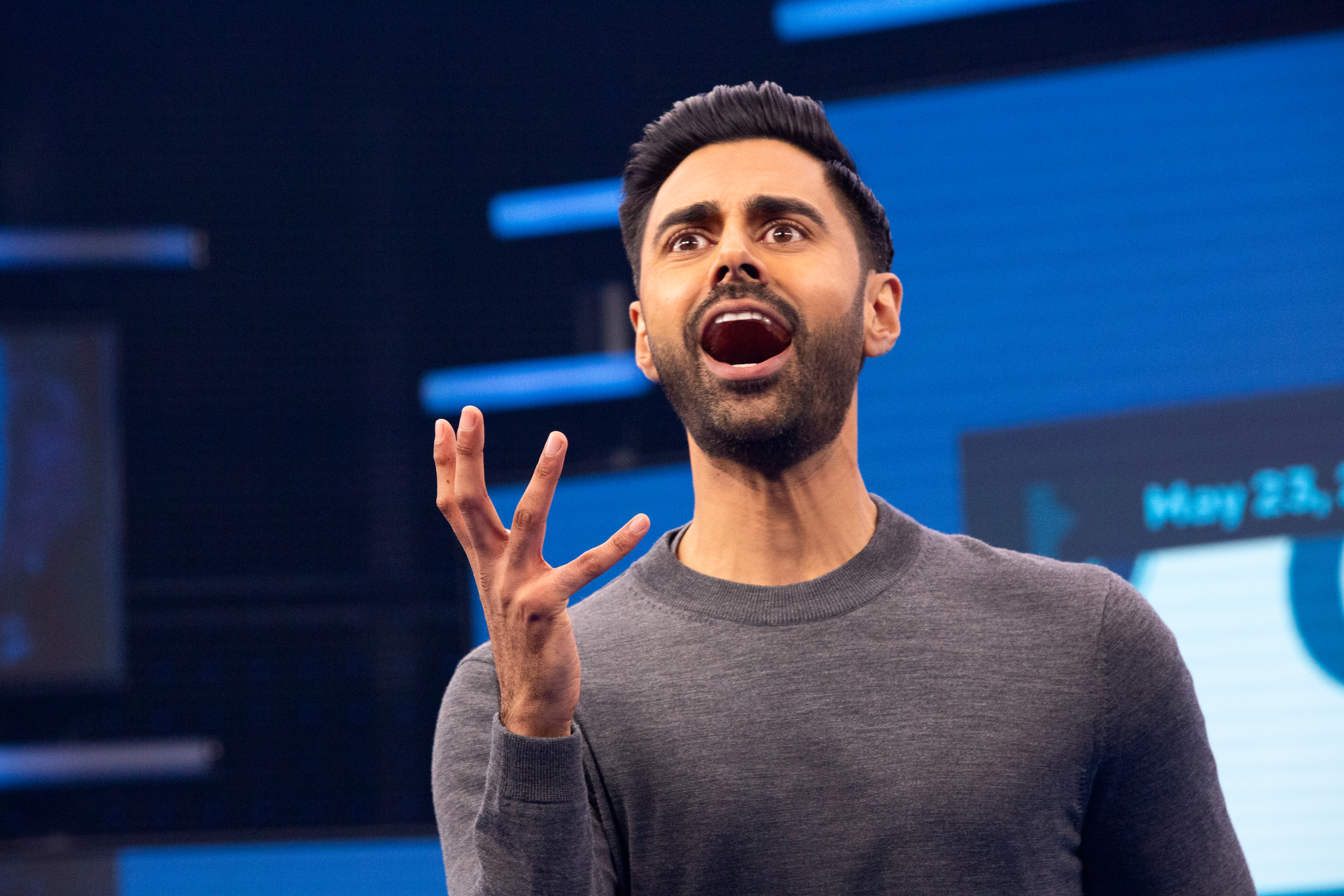
The shift away from the protests to the statues feels very helpful to those in power. And yet it’s being aided and abetted, I think, by news organizations large and small. People on Twitter are obviously still posting about protests, not as much as they were, but how does the narrative get changed? Because it does feel like the deck is stacked a little bit.
The two big questions that I’ve been reckoning with and I’ve been trying to closely monitor… I don’t have the answer to it yet, but I feel it, and this is, again, an example of what I would bring into the writer’s room: trying to figure out who’s in charge and who do we trust. We have seen because of the proliferation of social media and people being able to put out information on Twitter, it’s decentralized. Anybody anywhere for the most part around the world can put stuff out. The information has been decentralized. In some ways that’s really good and in other ways that’s really bad because there is no one place to go for it.
That theme also runs true with leadership. Don’t you feel this right now where, yeah, I thought I live in the United States of America, but there’s really these 50 different semi-dystopian states that are all figuring out their own rules themselves. It’s why I had that take on our digital exclusive where I go, “We don’t need governors or a president. We need a commissioner because apparently Adam Silver has been able to manage 30 teams better than our president has been able to manage 50 states.” But it’s that idea of, who’s in charge? Who is calling the shots here? And I think we’re also seeing that in the face of massive social and political upheaval that’s happening right now.
And the second is, I think everybody’s feeling this right now: who do we trust? I don’t know. Even the way we started this conversation, you were telling me about the Kanye Forbes interview. And I remembered this morning… I didn’t even get a chance to fully look at it, but I was like, “Man, if I want to get really nitty-gritty and for me to really understand this, I’ll probably have to hear the audio or see the video of it.” Because I don’t know if you feel this way, but I need a level of nuance and detail now, and so much of what I’m consuming lacks that. That’s really what I feel. Those two questions have really defined 2020 for me. We were supposed to do the White House Correspondent’s Dinner this year, but those were going to be the big thematic questions that I was going to try to figure out, even in the Correspondent’s Dinner speech of, “Who is in charge and who do we trust?” I feel like our entire country is grappling with those two fundamental questions.
Every episode of ‘The Patriot Act’ is available on Netflix.

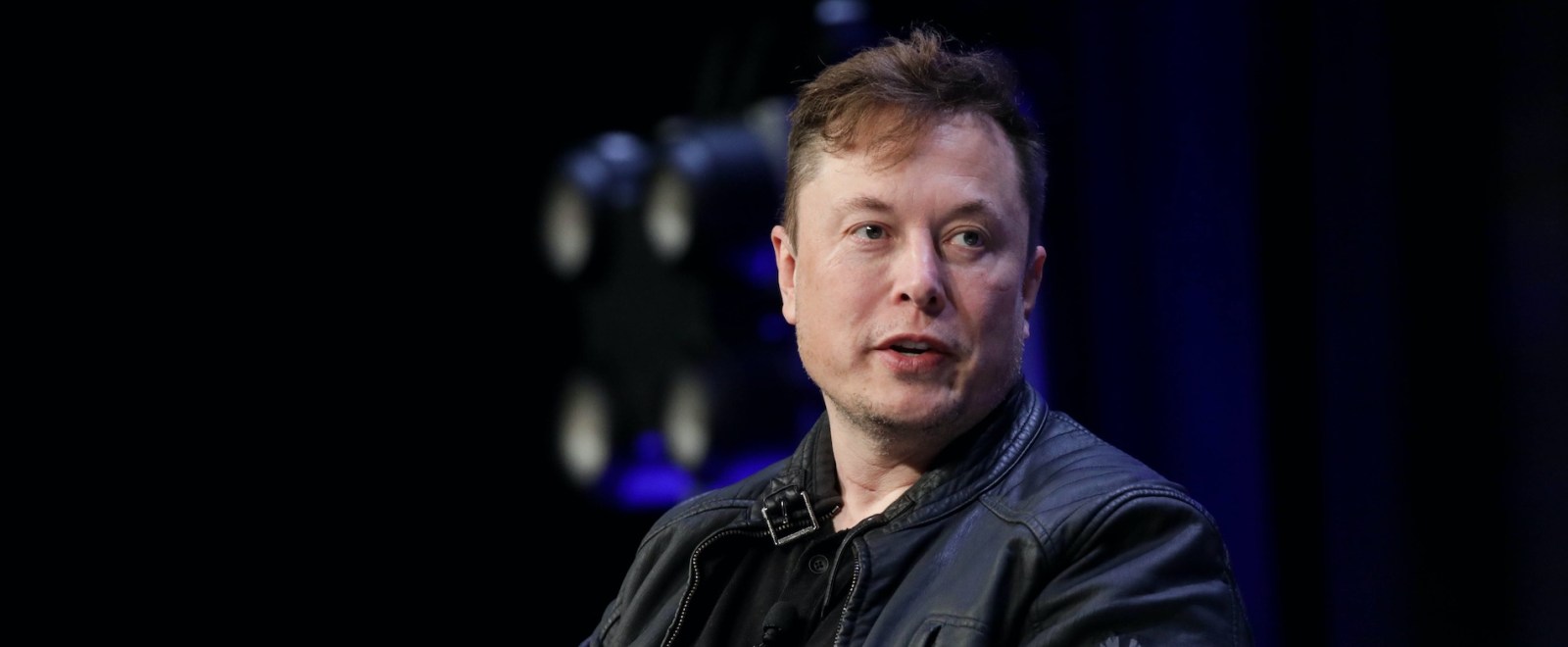
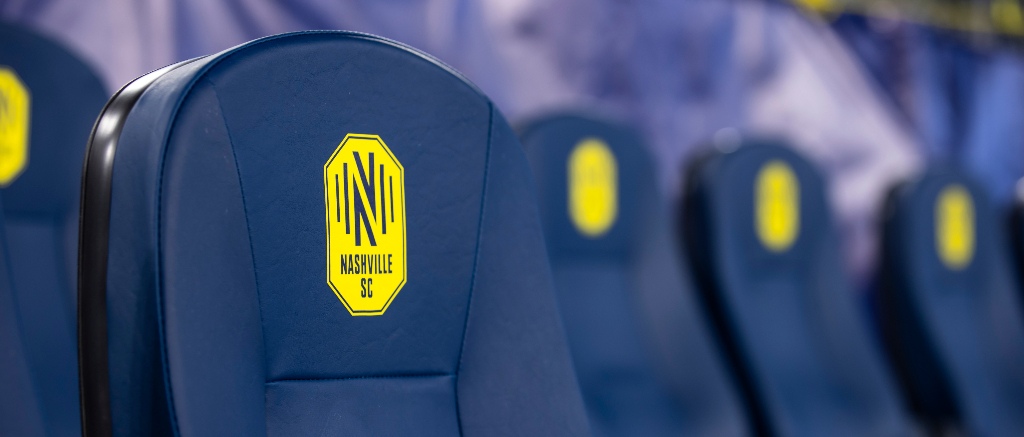
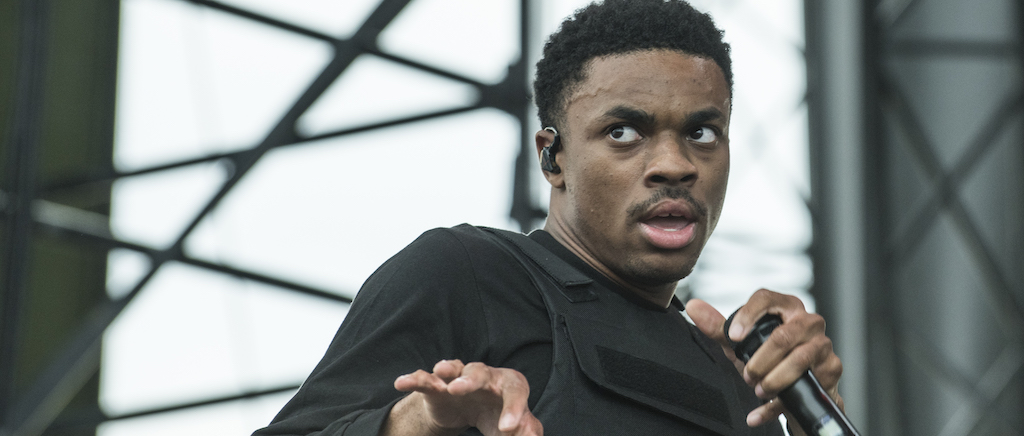
 My bad I apologize the best rappers come from wherever y’all like. I hope this make y’all feel better leave me alone
My bad I apologize the best rappers come from wherever y’all like. I hope this make y’all feel better leave me alone 


